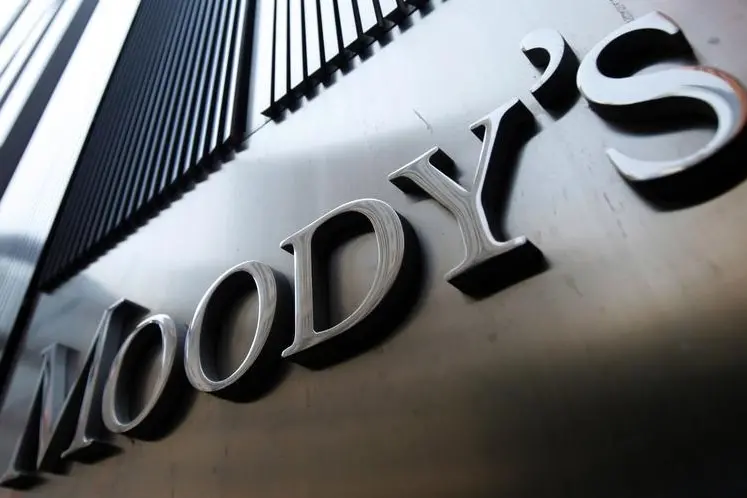PHOTO
Credit ratings agency Moody's has upgraded Pakistan's local and foreign currency issuer and senior unsecured debt ratings to 'Caa2' from 'Caa3' citing improving macroeconomic conditions and moderately better government liquidity and external positions.
The ratings upgrade reflects Pakistan's decreased default risk after a $7 billion IMF bailout staff level agreement in July.
However, despite doubling since June 2023, Pakistan's foreign exchange reserves remain insufficient for its external financing needs, according to the agency.
"There is now greater certainty on Pakistan's sources of external financing, following the sovereign's staff-level agreement with the IMF on 12 July 2024 for a 37-month Extended Fund Facility (EFF) of $7 billion," Moody's said in a statement.
The IMF stated that the program's approval depends on Pakistan securing necessary financing assurances from its development and bilateral partners. Moody's said it expects the IMF Board to approve the program within a few weeks.
Following the upgrade, Pakistan's international bonds made broad gains. The 2027 maturity was up 0.7 cents to 85.9 cents in the dollar by 1007 GMT - not far off the one month high hit earlier in the day, according to Tradeweb data.
Topline Securities CEO, Mohammed Sohail, said the credit upgrade was anticipated following the IMF agreement, and another upgrade within a year is plausible.
The announcement comes a day after Pakistan's central bank chief told Reuters in an interview that the country would be looking for about $4 billion from Middle Eastern commercial banks.
Sohail said Fitch's upgrade in July and Moody's upgrade should "boost bankers' confidence".
EXTERNAL FINANCING AND POLITICAL RISKS
Historically, Pakistan has depended on friendly countries to "rollover" debt to avoid a repayment crisis.
Although Moody's previous concerns about a potential balance of payments crisis have eased, it warned that risks remain high as Pakistan continues to rely on timely financing from official partners.
There is also uncertainty over the government's ability to fully implement IMF-mandated reforms, Moody's said.
The coalition government, formed after February elections, may struggle to implement revenue-raising measures without stoking social tensions.
Moody's cautioned that any slippages in reform implementation could lead to delays in or withdrawal of financing support from official partners.
(Reporting by Aatrayee Chatterjee in Bengaluru; Editing by Mrigank Dhaniwala and Ros Russell)





















